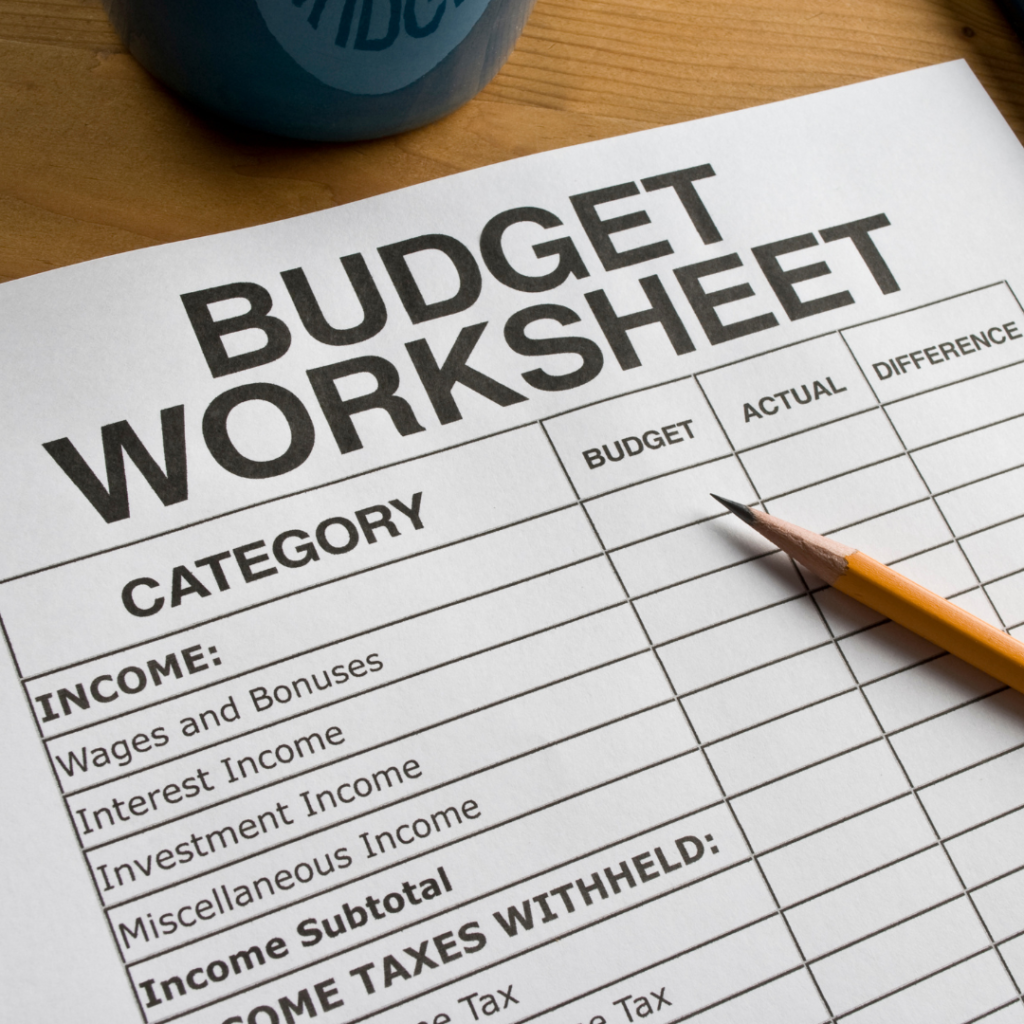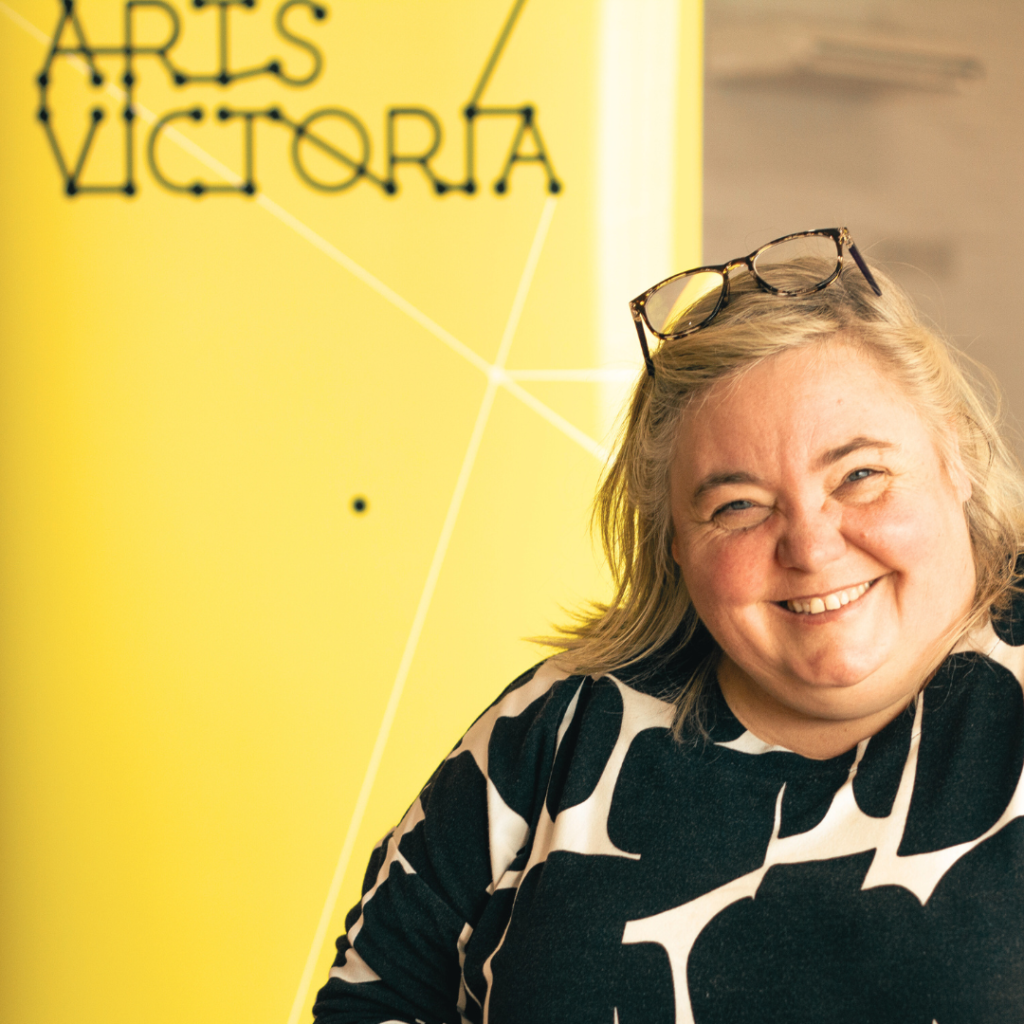We have compiled 10 grant tips for Creatives to help get your applications started.
1. Good support material
Support material is just as important as the application itself. Ensure you give yourself time to gather support letters from project supporters or partners as well as evidence of your previous work. Don’t forget to update your CV!


2. Your budget is more than just numbers
It shows the assessors the big picture of your project and how you see it working. Remember to include all costs (expenditure) of the project and any income associated with your project.
3. Talk to us
Beyond being friendly folks, we can give you advice about eligibility and structure. Plus, if we are able to, we may even be able to read a draft of your application before you submit.


4. Read the guidelines
This is the first step in making sure your project fits the fund. Read them carefully, then talk to the grant advisors if you need clarity afterwards. Make sure you meet all the eligibility requirements before applying.
5. Show a friend
Explain your project to a friend and ask them to be honest with feedback. If they don’t understand your project, it’s likely the assessors won’t either. Revise and try again.


6. Use simple language
The assessors want to be as excited and inspired by your idea as you are, but they don’t need literary masterpieces and may not be familiar with the jargon of your artform. Keep it easily readable and succinct. The synopsis of your project may not be as suitable as a description of your project. Think about rewriting it with the assessors in mind.
7. Why this project? Why now?
Make sure you’re clear about the relevance of your project at this time, and for your community or practice.


8. Check if feedback is available
Some grant programs may allow opportunities for feedback by appointment. Sometimes it can feel hard to hear but it’s a big part of learning how to improve your applications.
9. Preparation is key
Plan your project well before you write the application, then find the grant that fits your needs. Try not to change your project to fit a grant program as it may end up looking ill-prepared or ‘shoehorned’ to fit.


10. Detailed timelines matter
This is a chance to show the assessors that your project is well planned and viable. A good timeline shows how your project will evolve and will achieve its outcomes.
